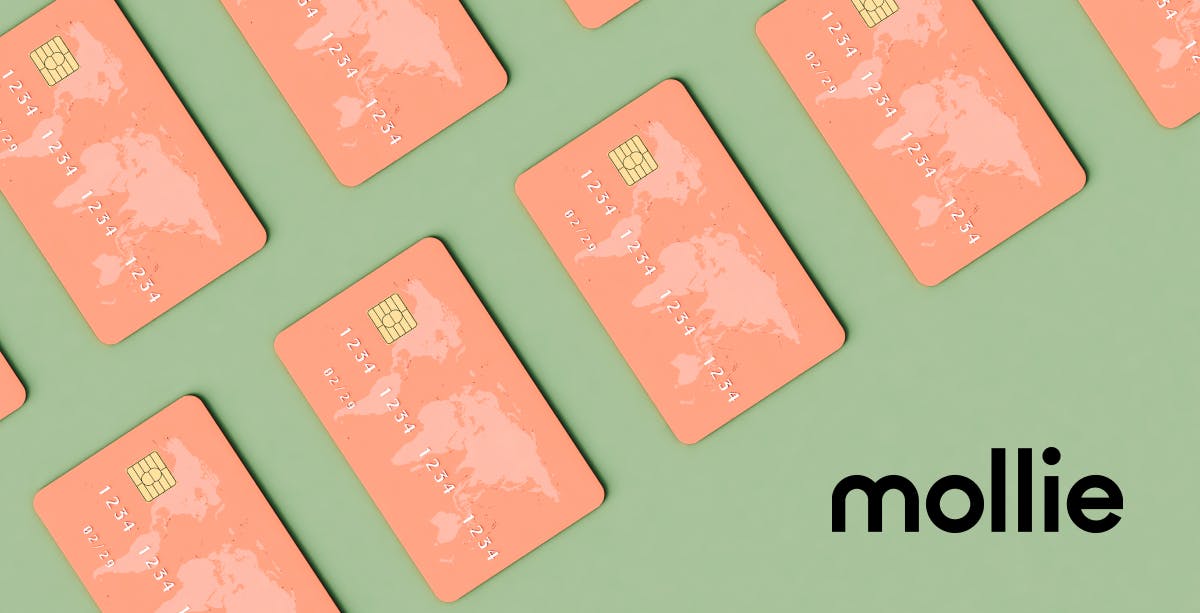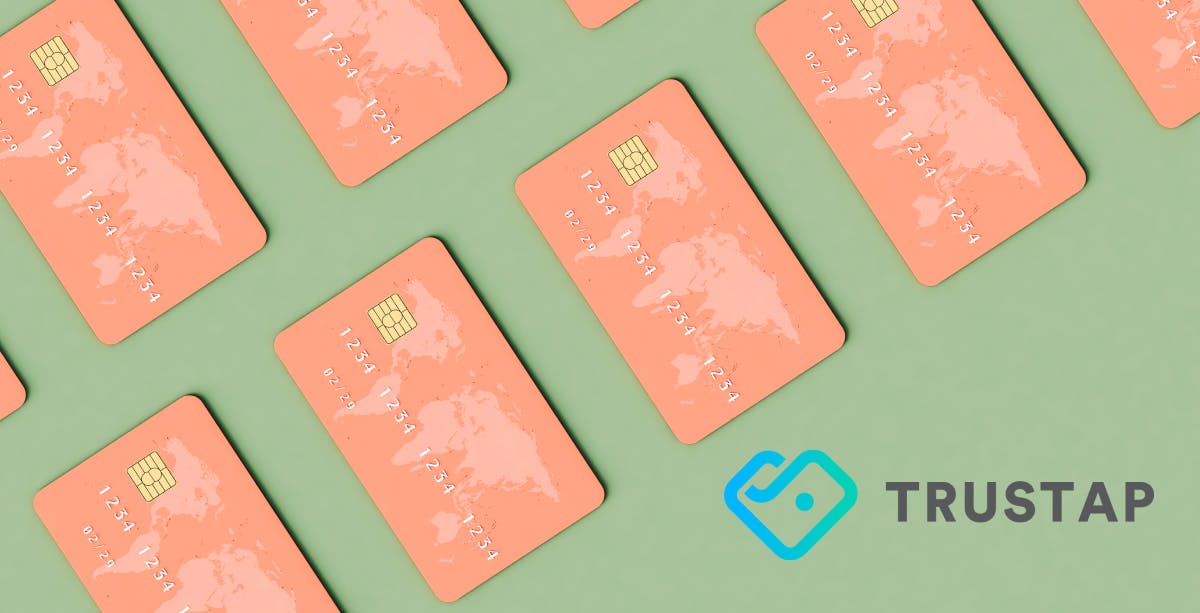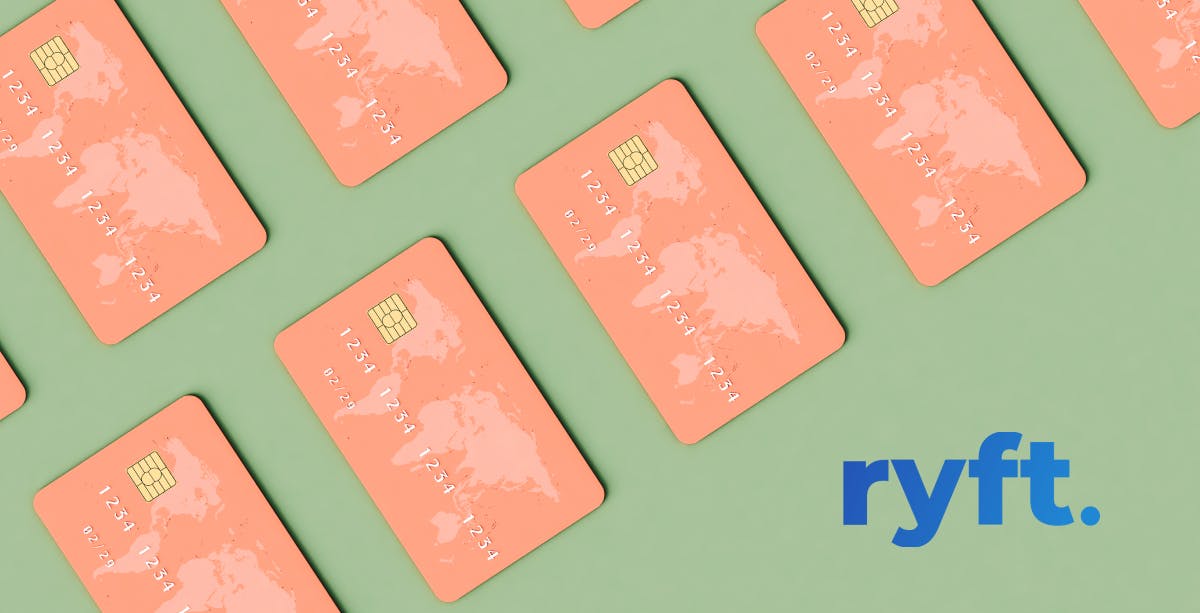Mollie marketplace payments – overview of key features
Are you considering using Mollie to process payments on your marketplace? This article gives you a clear overview of its features, pricing, and support so you can weigh it against other options.
Published on
Last updated on

Your marketplace payments system sets the foundation for your entire marketplace business model: for reaching customers in your target markets, collecting your fees, and paying your sellers. Choosing the right payment partner is, therefore, a key decision.
Mollie has become the trusted payments provider for many large-scale European and UK-based marketplaces thanks to its broad range of local payment methods and streamlined seller onboarding.
In this guide, we’ll cover Mollie’s main marketplace payment features to help you evaluate if it's the right partner for your business.
What you’ll find in this article:
- Background on Mollie: founders, competitors, and example marketplaces.
- Mollie’s key features: supported regions, currencies, payment methods, split payments, and compliance.
- Mollie’s pricing, plus notes on integration and support quality.
Mollie was founded in 2004 by Adriaan Mol, who bootstrapped the company with a vision to challenge legacy technology providers and make payments simple and accessible. The company is still founder-owned and headquartered in Amsterdam.
Mollie initially focused on SMEs but now also serves SaaS platforms, eCommerce businesses, and marketplaces.
Here are some key metrics about Mollie:
- Raised $800M from Sequoia, TCV, and others in 2021 with $6.5B valuation, making it one of the most valuable startups in Europe
- Reports more than 250,000 merchants across Europe.
Mollie is used by several well-known European marketplaces, including:
- Bild: German news outlet with a digital marketplace.
- Otrium: Online marketplace for fashion outlet collections.
- LOAVIES: Trend-driven fashion marketplace.
- Mondial Tissus: French marketplace for fabrics and sewing products.
- Axel Springer: Media group operating digital classifieds platforms.
- DPG/vtwonen: Dutch media brand with lifestyle and home goods marketplace.
- Fonq: Marketplace for home, living, and design products.
There are many payment providers in the market, and several focus on marketplaces. Mollie’s main competitors include:
- Stripe Connect: widely used with global coverage and strong marketplace features.
- PayPal for Marketplaces: large reach but more complex pricing.
- Mangopay: Europe-focused with strong escrow features.
- Adyen for Platforms: Popular with enterprise marketplaces.
- Ryft: UK- and EU-based, tailored for startups.
- Trustap: Emphasizes escrow and end-to-end transaction management.
- Fondy: Europe-focused, competitive pricing.
In Sharetribe’s marketplace builder, Stripe Connect is the only provider available out of the box. However, you can integrate any third-party provider you choose, including Mollie.
See our complete marketplace payments guide for a side-by-side comparison of marketplace payment providers.
Mollie's main advantages are its broad range of local payment methods, smooth seller onboarding, and fast integration. For founders targeting European markets, it can cut operational workload and speed up seller onboarding.
Mollie’s main limitations lie in its Europe-only availability and partial support for subscriptions.
Choosing the right geographic coverage is critical when evaluating a payment provider. Founders need to confirm not only where buyers can pay but also where sellers can receive payouts.
Coverage also impacts expansion plans. In Mollie’s case, the service is designed for European platforms and covers all EEA countries, as well as the UK and Switzerland.
Mollie is available only to companies registered in the EEA, UK, and Switzerland. Payouts are supported in the same countries.
EUR, GBP, USD, AUD, CAD, CHF, SEK, NOK, PLN, CZK, DKK, and HUF.
Offering local payment methods can improve conversion rates and trust, while limiting them can create friction for buyers. Founders should always confirm that their provider supports the methods most popular in their markets.
Mollie offers access to more than 35 local and global payment methods through a single integration, including:
- Credit and debit cards
- Apple Pay
- Google Pay
- PayPal
- Klarna
- iDEAL
- Gift cards
- And more.
This is especially valuable for European platforms that need to support region-specific options like iDEAL in the Netherlands or Bancontact in Belgium.
Most marketplaces earn revenue by charging a commission on each transaction. This makes split payments a critical feature. Without split payments, founders would need to handle payouts to their sellers manually, a process that’s both time-consuming and often non-compliant with financial regulations.
Many general-purpose payment providers don’t support split payments, which is why most marketplaces choose a specialized marketplace solution like Mollie.
Mollie supports split payments to automate commission-based models. Its split payment feature automatically divides funds between the seller and the marketplace, and optionally other parties like referrers. You can set up flexible rules based on billing cycles, events, or custom criteria.
Automated refunds are also supported, which reduces administrative work from the marketplace team.
With delayed payouts (sometimes called escrow), funds can be held by the marketplace until the product or service has been delivered. This feature is a core trust-builder: it protects buyers from fraud or non-delivery and reassures sellers that payouts will follow once obligations are met.
Mollie lets you delay payouts for up to 90 days. Marketplaces can configure payouts upfront, on a schedule, or with delays of up to 90 days. This is not a full escrow license, but it offers legally compliant functionality that works for most marketplace models. This is a common arrangement among payment providers, as a full escrow license is difficult to obtain, and in practice, most requirements can be met with delayed payouts.
On a marketplace, subscription payments are needed in two different situations. The first is when buyers are charged regularly for ongoing access—for example, storage rentals, cleaning services, or long-term bookings. The second is when sellers pay recurring fees to the platform itself, such as through membership tiers or premium seller accounts.
Mollie supports recurring payments, but subscription billing isn’t yet fully integrated into the marketplace product.
You can process subscriptions through Mollie’s API, but marketplace-level subscription functionality is still limited. If your business model relies on charging recurring fees to buyers or sellers, you should confirm with Mollie whether their current tools can support your use case. For now, if subscriptions are a core requirement, consider alternatives like Stripe, Mangopay, Trustap, Ryft, or Fondy.
Security is non‑negotiable for marketplaces. Founders are responsible for protecting buyers’ personal and payment information, preventing fraud, and ensuring that sellers get paid only after obligations are met. Furthermore, online payments are a heavily regulated field, and regulations differ between jurisdictions.
Handling all this complexity in‑house is a complex undertaking, and as payment and privacy regulations evolve across regions, maintaining a compliant infrastructure is a recurring expense.
This is why it’s crucial that your payment provider handles most of the heavy lifting in this department.
Mollie offers strong compliance and fraud prevention tools tailored for European regulations. Some key security features include:
- Co-branded or bulk seller onboarding with automated KYC (Know Your Customer)
- OAuth onboarding for existing Mollie merchants—many sellers may already have accounts
- PCI-DSS Level 1 certification
- Dynamic 3D Secure 2 (3DS2) support for strong customer authentication
- GDPR and PSD2 compliance
- Continuous fraud monitoring
While security and compliance are absolutely critical, another concern for marketplaces is reducing friction in seller onboarding and payments. Mollie excels here with a strong focus on efficient seller onboarding through features like localized onboarding experience and automated onboarding for sellers who already have a Mollie account (which, in the European market, is typically true for over 60% of new sellers, according to Mollie).
Marketplace founders may be responsible for meeting tax obligations that apply to both them and their sellers. Depending on your market, you may be responsible for reporting seller income, collecting VAT or sales tax, and providing yearly statements. Tax rules vary widely across jurisdictions and change over time, so compliance can quickly become complex.
Mollie doesn’t include built-in marketplace tax reporting, but integrates with several accounting tools like Exact and Xero, which help platforms and sellers reconcile their accounts.
However, it doesn’t offer DAC7-style seller reporting for the EU or 1099-K reporting for the US. If you expect high seller volumes and complex tax requirements, you may need additional tools or providers with stronger tax features, like Adyen.
However, our general experience is that no payment provider covers every tax scenario out of the box. Before making a decision, we recommend consulting your local tax authorities to understand your responsibilities.
Pricing is naturally a key consideration when choosing a payment provider. However, it's not just about the fees: the ease of integration also impacts your developer resourcing, to the point where for an early-stage startup, it could become the decisive factor.
In addition, the quality of customer support matters greatly—especially during integration, but also later as your marketplace grows.
Mollie’s pricing model includes onboarding and per-merchant fees, which differ from providers like Mangopay (integration fees and e-wallet pricing) and Fondy (flat fees and no per-merchant charges). Compared to Mangopay, Mollie’s per-merchant structure can be costlier for small platforms but competitive for those scaling in Europe.
Here's a breakdown of Mollie's fee structure:
- €5 one-off onboarding fee per sub-merchant
- €1.75 monthly fee per active sub-merchant
- 0.2% routing fee on processed payments
- Transaction fees vary by payment method
This structure can be competitive for scaling platforms with predictable seller activity. For very small or early-stage marketplaces, or business models that rely on a large volume of sellers and small but frequent transactions, the per-merchant charges may feel expensive.
Sharetribe doesn't have a pre-built integration to Mollie (only Stripe Connect is available without coding). However, it’s possible to build a custom integration with any third-party payment gateway.
So far, no Sharetribe customers have integrated with Mollie, but we’ve spoken with their representatives to better understand their approach.
Mollie offers a modern API and developer-friendly documentation. It has a dedicated team of solution engineers who support integration projects, giving clients the chance to work with a dedicated solution engineer who speaks their local language. The company has a 4.6 Trustpilot rating and local offices across Europe offering local-language support.
Mollie also provides managed seller support, which can reduce the workload for marketplace teams for troubleshooting payment issues.
Mollie is a strong option for marketplaces focused on Europe, with smooth onboarding and a wide range of payment methods. It offers split payments, delayed payouts up to 90 days, and robust compliance tools.
Mollie's main drawbacks are limited global coverage, partial subscription functionality, and per-merchant fees that may challenge very early-stage platforms. Founders aiming for a global reach or subscription-heavy business models may find competitors like Stripe, Adyen, or Mangopay a better fit, while small platforms might prefer Fondy or Trustap for their simpler fee structures. For marketplaces with a strong European focus and stable transaction volumes, Mollie is worth serious consideration.
Thank you to Benjamin Lobatto from Mollie for contributing the key facts about Mollie’s offering.
More articles for you

Marketplace payments: The complete guide
Marketplace payments are very complex. This guide helps you list your feature requirements and compare and choose the best marketplace payment provider for you. (Yes, there's a comparison table!)

Trustap marketplace payments–overview of key features
Is Trustap the right marketplace payment partner for you? Here's an overview of Trustap's key features, pricing, support, and more.

Ryft marketplace payments—overview of key features
Are you considering Ryft to power your marketplace payments? Here's a detailed overview of Ryft's pricing, key features, and more.
